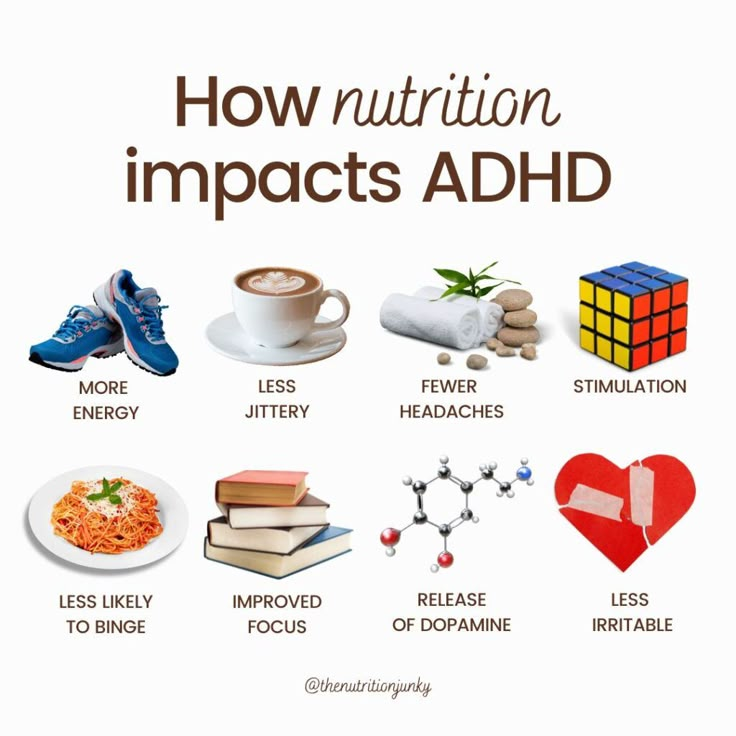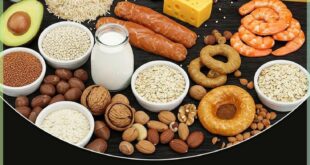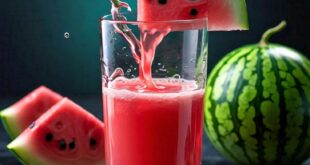
Attention Deficit Hyperactivity Disorder (ADHD), commonly seen among children, also affects millions of adults every day. Recently, research suggests a surprising link: food allergies or sensitivities could influence ADHD symptoms among adults. While research on this subject is relatively well established, its role specifically as it applies to food allergies is only becoming clear now.
Understanding ADHD In Adults
Attention Deficit Hyperactivity Disorder is a neurodevelopmental condition marked by persistent patterns of inattention, hyperactivity, and impulsivity in adults. They may experience difficulties staying focused while managing time or tasks as well as emotional regulation issues which have an enormous impact on work, relationships and overall quality of life.
“Why am I constantly distracted and struggling to stay on task no matter what I try doing? These are questions often posed to undiagnosed ADHD adults themselves, often dismissed as mere stress or personality characteristics.
Diet and its Impact on ADHD
Diet may play an overlooked role in managing adult ADHD symptoms for years; many have speculated as much for years, believing sugar and artificial colors to play an integral part. As we continue exploring gluten, dairy, soya bean allergy sensitivities for their potential impact.
Transitioning to a healthier, allergy-aware diet could result in significant improvements to attention, mood and energy levels.
Food Allergies Vs. Sensitivities
Before delving deeper, it’s crucial to differentiate between allergies and sensitivities.
Food allergies trigger an immune response from our bodies which manifests with symptoms including rashes and anaphylaxis in extreme instances.
Food sensitivities often cause delayed symptoms that resemble ADHD symptoms like fatigue, brain fog, digestive distress or mood swings – symptoms which could mimic or worsen it.
Many adults report that after cutting dairy and gluten out of their diets, their brain fog and restlessness rapidly improved within days.
Signs In Adults
Signs Your Food Might Be Making ADHD Worse If you suspect food might be contributing to adult ADHD symptoms, watch for indicators. Examples may include:
- Brain fogginess after eating seems to increase significantly.
- Changed mood or energy after eating
- Digestive discomfort (bloating, gas, constipation)
- Headaches or migraines
- “I was completely unaware that eating bread or cheese caused me to become more irritable, unfocused and mentally cloudy for hours afterward.
- Common Trigger Foods Its Certain food substances tend to trigger allergic or sensitized responses among adults living with ADHD. Examples include:
- Gluten (wheat, barley and rye)
- Dairy products (particularly casein, which is found in milk protein) have long been touted for their protein rich properties, making it one of the staple food items worldwide.
- Soy, Corn and Artificial Additives (Colorants, Preservatives and Sweeteners).
How to Begin a Food Elimination Trial
Begin slowly. Keep a food and symptom journal. Eliminate one possible allergen (e.g. gluten or dairy) for two-four weeks at a time, before gradually reintroducing it and monitoring any changes to focus, mood or energy levels.
Once I stopped eating gluten for two weeks, my chronic fatigue, mental fogginess and distractibility significantly diminished.
Before making any significant dietary adjustments, particularly if you suspect an allergy. Always consult a healthcare provider.
Food allergies don’t cause ADHD directly; but they could be one of the contributing factors. ADHD involves genetics, brain chemistry, lifestyle choices and environments interacting in complex ways; managing diet alongside therapy, medication or mindfulness practices can provide more effective symptom control and daily functioning improvement.
Final Thoughts
While not every adult ADHD patient suffers from food allergies, many remain unaware that certain foods could subtly worsen their symptoms. With more research emerging and testimonials increasing, exploring this connection could bring better mental clarity and well-being for you and others with ADHD.
“Do not underestimate the power of an anti-inflammatory diet; it could be just what’s needed to manage adult ADHD more naturally.
SEE MORE:https://healthybodyboost.net/wp-admin/post.php?post=2311&action=edit



